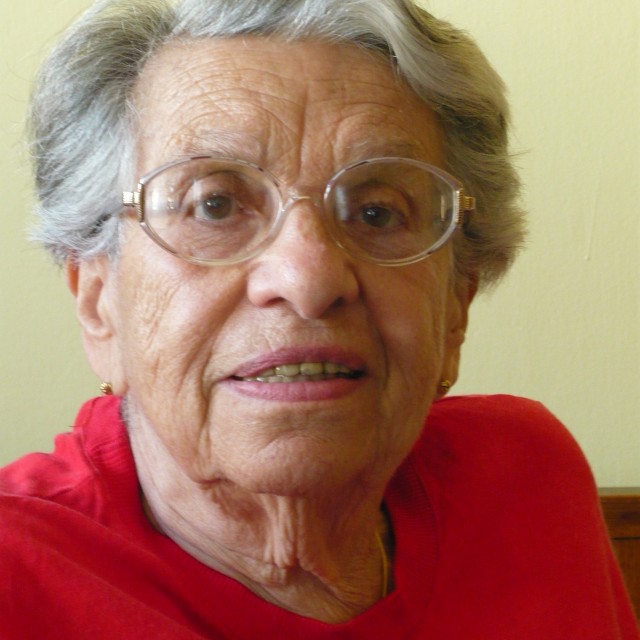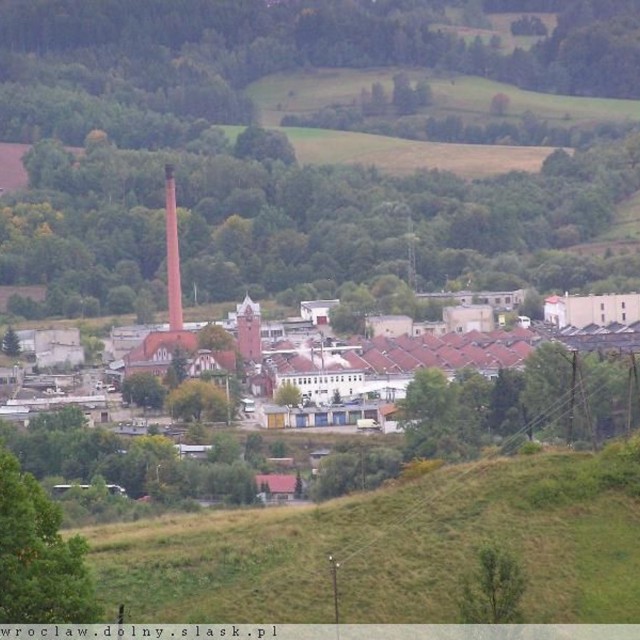
Markéta (Margit) Nováková
Markéta (Margit) Nováková was born as Markéta Drexlerová in Bratislava on December 5th, 1922. Her father was a journalist, which caused the family to move a lot. When Markéta turned two, her family moved to Prague. At ten years old, she returned with her mother, who had divorced in the meantime, to Brno. Markéta's happy childhood and youth ended with the Nazi occupation - her parents were Jews. All the anti-Jewish measures applied to her. She had to leave Brno Real Grammar School after the first term of her sixth year. For the following two seasons she worked on a farm. She also worked for the Jewish community distributing summons to transports. Her, her mother, and her grandparents were transported to Terezín in March 1942. Due to her previous contacts, she was able to start farming in the Terezín ghetto, which brought her certain advantages, (staying outside the overcrowded ghetto, the chance to steal food and smuggle goods into the ghetto). She married her friend Egonem Forscher in Terezín. When Egon was ordered to go to the transport to the East in 1944, Markéta asked to be transported as well. Immediately after their arrival in Auschwitz-Birkenau she was separated from her husband. However, she met her cousin Ilsa (later Maierová) in the transport. They shared the same fate until the end of the war. Despite Markéta’s arrival in Auschwitz with a broken arm, she managed to survive Mengele’s selection and was sent to work. After six weeks she was transported to a little Silesian town, Bad Kudowa, (Kudowa Zdroj in Poland today), in the Autumn of 1944. It was only a few kilometres from the Czech town, Náchod. The women from the transport were interned at the Gross Rosen concentration camp. Markéta worked with a milling machine in the local ammunition factory. Thanks to her contacts with the prisoners of war and forced-labor workers, she was informed about the forthcoming front. The SS women commanders left the camp at night on May 8th and 9th. Markéta and the other female prisoners were liberated as a result of help from Czech rioters from Náchod. Markéta met her husband after the war and followed him to Prague. However, their relationship didn't last in 'ordinary' conditions. Markéta graduated from Business School and married a former political prisoner whom she met during her curative stay in Karlovy Vary. After February 1948, the family lost her husband's delicacy shop. Markéta worked as an accountant in a textile store. She raised two children.





